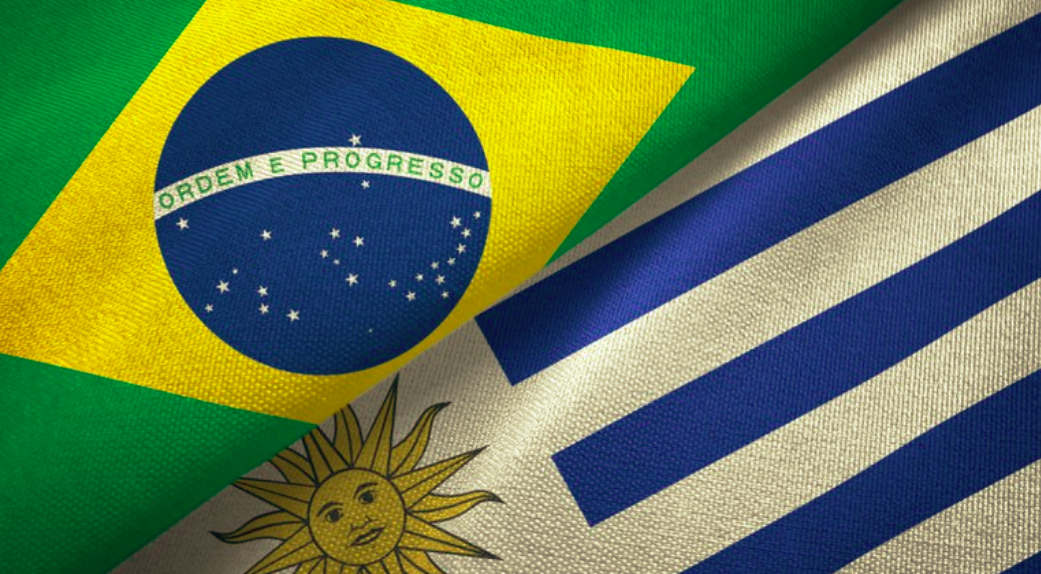RIO DE JANEIRO, BRAZIL – The foreign ministers of Uruguay, Francisco Bustillo, and Brazil, Carlos França, will meet this Monday (18) in Montevideo, as confirmed to Efe by sources of the Uruguayan Ministry of Foreign Affairs.
Although the agenda has not been revealed, the heads of diplomacy of Uruguay and Brazil will inevitably analyze several issues of the economic agenda that affect their countries.
Read also: Check out our coverage on Uruguay and Brazil
The desire expressed by Uruguay and Brazil on several occasions before their partners in the Southern Common Market (Mercosur), Argentina and Paraguay, to make the bloc more flexible or the recent announcement by Luis Lacalle Pou’s Executive to start the path towards a possible Free Trade Agreement (FTA) with China will surely be on the table.

Days ago, the Uruguayan Minister of Foreign Affairs confirmed to the press that a team supervised by him and the Minister of Economic and Finance, Azucena Arbeleche, had begun work before negotiating the FTA with the Asian country, announced on September 7 by Lacalle Pou.
Bustillo and Arbeleche traveled to Brazil last June to meet with their Brazilian counterparts to exchange views on these issues of common agenda.
In addition, in the last few weeks, several bilateral meetings have taken place between the foreign ministers of the Mercosur partners, the last one last Friday between the Argentine Santiago Cafiero and the Paraguayan Euclides Acevedo, who agreed on the review of the Common External Tariff (TEC).
A week earlier, França had received Cafiero in a meeting in which, it was announced, Brazil and Argentina reached the “necessary consensus” for a 10% reduction of the tariff, which was a sign of détente after the previous differences in the bloc over the opening trade strategy.
The TEC review process began two years ago and had a maximum of 35%, while the average applied is 12% compared to a global average of 5.5%.

